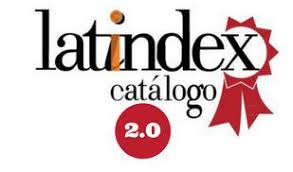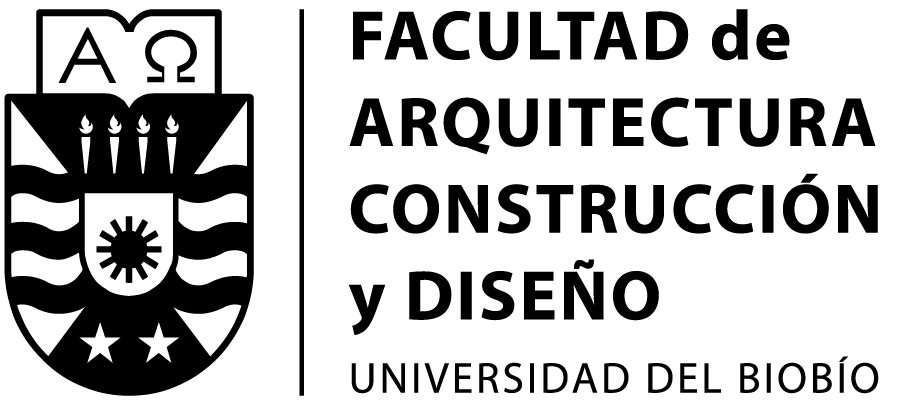From the country to the city: Landscape and identity in the Pardo River Valley, north of Minas Gerais, Brazil
Keywords:
Cultural landscape, rural, mining, cultural identityAbstract
The concept of cultural landscape used in this research encompasses the notions of memory, identity, time and space and, above all, the interactions of human beings, the social relations they carry out and their perception of the place.
The Pardo River and its tributaries are the major structural elements of the Pardo River Valley´s cultural landscape and economic culture. What best defines and identifies the territory and the cultural landscape of this valley is its rural, not urban character. In this way, it is a point of connection and mediation between the local and regional worlds, as well as a point of contact with the rest of the world.
The main characteristic of the Pardo River is its long dry periods that vary from year to year. For this reason, it is both the area´s hero and villain; depending on the periods of drought, it can sustain the region and its agricultural base, or cause the loss of all that is produced.
With the advent of mining, a large number of farmers will exchange the uncertainty of the countryside for a stable job in the mining companies. This paper analyzes the impact of the transformation of the population´s economic activity on the Pardo River Valley´s cultural landscape.
Downloads
Downloads
Published
How to Cite
Issue
Section
License
The content of articles which are published in each edition of Habitat Sustentable, is the exclusive responsibility of the author(s) and does not necessarily represent the thinking or compromise the opinion of University of the Bio-Bio.
The author(s) conserve their copyright and guarantee to the journal, the right of first publication of their work. This will simultaneously be subject to the Creative Commons Recognition License CC BY-SA, which allows others to share-copy, transform or create new materials from this work for non-commercial purposes, as long as they recognize authorship and the first publication in this journal, and its new creations are under a license with the same terms.![]()























